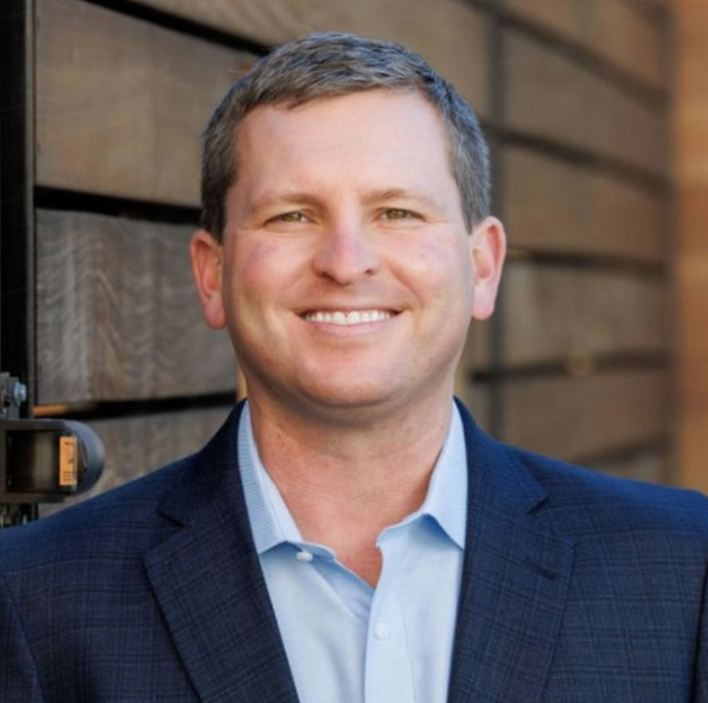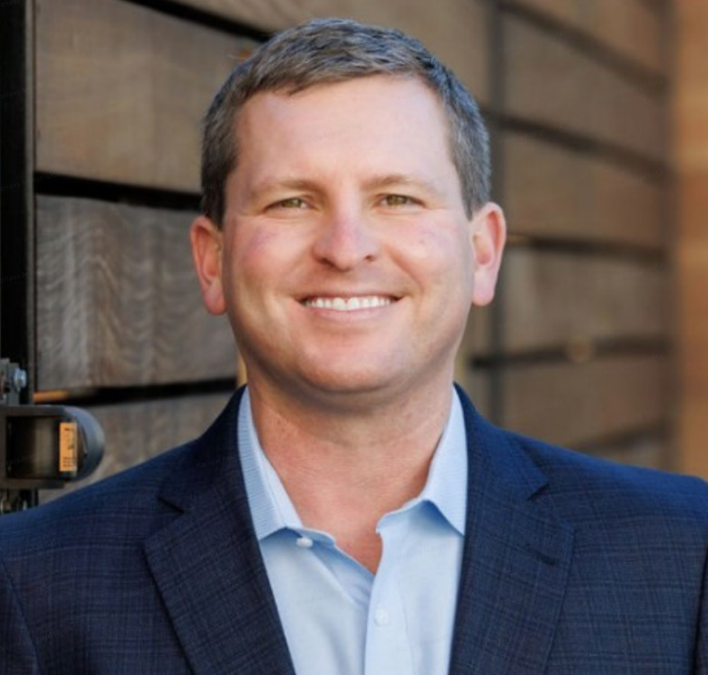
With the release of the blog post, we’re excited to introduce to you our newest CUBIO member, Factorial Biotechnologies! In this episode, we interviewed the founder of Factorial, John Wells. John gives a deep dive into the most exciting and innovative biotechnologies Factorial is currently developing, and discuss their potential to solve some of the world’s biggest challenges.
This blog will give you an overview of Factorial and advice for innovators looking to move to Houston! Keep reading or listening to the audio to learn more about Factorial and the latest trends and advancements in the field.
What is Factorial and what do they do?
CUBIO’s Marketing Manager, Mariana, started off the interview by asking John to introduce Factorial: what their company focuses on and what they plan to accomplish with this startup. John responded that, currently, they are building a technology that gives a higher resolution readout for complex heterogeneous samples.
He stated that, to date, most DNA RNA sequencing experiments have been done in bulk prep, where you bust the cells open, slice the cells, and purify nucleic acids and sequence them. This process gives you something like an average of all the cells in a sample. He then stated, “But it turns out that the cells are a little bit different or sometimes a lot different within a sample, and so we’ve developed a technology that allows you to get single cell resolution. So you actually know, you know, what mutations come from each cell. It is a very powerful technology and kind of our core differentiator among other companies trying to do single cells is that we perform all of the library prep inside intact cells. And so what we’re really focused on is improving the quality and the yield of cell library prep.”
How has John’s entrepreneurial background impacted Factorial today?
Moving forward, Mariana asked John how his past experience working in a startup has affected the development of Factorial. He answered that it’s been enormously helpful. He continued by saying that he can’t imagine having started a company without having his previous experience at Lasergen, which was actually started in Houston, Texas near the Texas Medical Center. John said, “I think at a high level, you know, the way we’re developing Factorial’s technology is very similar to the way we developed technology at Lasergen. And so, you know, having instincts before, you know, how to design experiments to get the highest value and the shortest amount of time.”
He mentioned that he learned a lot from the CEO of Lasergen. “In addition”, he says, “building a network and knowing, you know, a lot of people who, with different skill sets in the life sciences industry that I can kind of draw on, where we need help has been really valuable.” His next points were about having a good track record. He said that having been through a successful startup before really helped with fundraising and figuring out what kind of partnering to aim for with other companies.
John closed with, “So I’d say those are the the big three, but there’s a whole lot of others, you know, smaller ones that we also benefit from. So if you want to start a life science company, I think joining one is already kind of going well and learning the ropes before you go out on your own. I think it is a great idea.”
Why did John decide to open up a branch in Houston? What advice does he have for startups looking to do the same?
John started off by saying the first and biggest reason was that some of his former coworkers from Lasergen are located in Houston and are enormously talented. He said that they really have good skills that translate to some of the needs that they may have at Factorial.
The second reason was Houston itself, known for clinical research and being home to the largest medical center in the
world. He said, “As our technology matures, can we start to, you know, work with early access customers. There’s access to tons of samples and and clinical research, you know, right in Houston and we plan to help single cell genomics penetrate the clinical market. So I think that’s another, you know, really important reason is that you’re just so close to samples and the clinical research community in Houston.”
John said the advice he’d give entrepreneurs thinking about opening an office in Houston or opening a second office, is to have a really strong relationship with at least someone in a leadership role or the folks that’ll be in in the office. He mentioned that the main reason he felt comfortable jumping to Houston was because he knew the team really well, and worked with them in the past. He said that if you don’t have someone that you’ve worked closely with before, in the the second location, it could be pretty challenging to keep everybody synced up. He then said, “It’s worked out well for us so far and we’re really happy to have an office in Houston and then be so close to the med center. You know, where CUBIO is located.”
Listen to this special interview to learn more about Factorial and their advice to entrepreneurs
looking to move to Houston!
Check out their website for more information.
Website: https://factorial.bio


